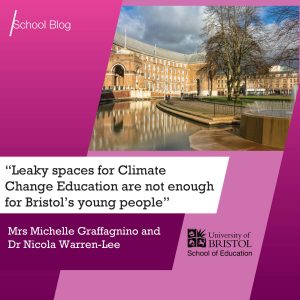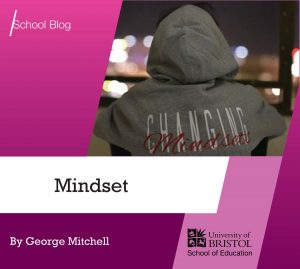Helen Aberdeen, Senior Lecturer in Education, PGCE Subject Lead, Modern Foreign Languages, School of Education
Background and context
Recent policy documents and reforms in teacher education have led to an ever stronger imperative for teachers and trainee teachers to engage with research. The most recent Ofsted inspection handbook (2020) for initial teacher education (ITE) describes a good curriculum as one which ‘is designed to ensure that trainees engage with up to date or pertinent research findings’.
This aspiration is reflected in the Core Content Framework (CCF) for ITE, published as part of the wide-ranging reforms to teacher education in 2020. The CCF lays out a minimum level of core knowledge and skills which all trainees should acquire during their training. It consists of a series of ‘know that’ and ‘know how to’ statements, aligned to the 8 Teachers’ Standards. The ‘know that’ statements purport to be based on the ‘best available evidence’, and the foreword to the CFF (2019) encourages trainee teachers and their mentors to engage more deeply with the detailed bibliography ‘to support their critical engagement with research.’ (more…)

 Blog by Mrs Michelle Graffagnino, Senior Lecturer in Education, and Dr Nicola Warren-Lee, Senior Lecturer in Education.
Blog by Mrs Michelle Graffagnino, Senior Lecturer in Education, and Dr Nicola Warren-Lee, Senior Lecturer in Education. Blog post by George Mitchell, MFL PGCE student; School of Education, and Sport Psychologist
Blog post by George Mitchell, MFL PGCE student; School of Education, and Sport Psychologist Blog post by Rhiannon Moore (PhD student, School of Education, University of Bristol) and Anustup Nayak, (Project Director for Classroom Instruction and Practice, Central Square Foundation)
Blog post by Rhiannon Moore (PhD student, School of Education, University of Bristol) and Anustup Nayak, (Project Director for Classroom Instruction and Practice, Central Square Foundation)